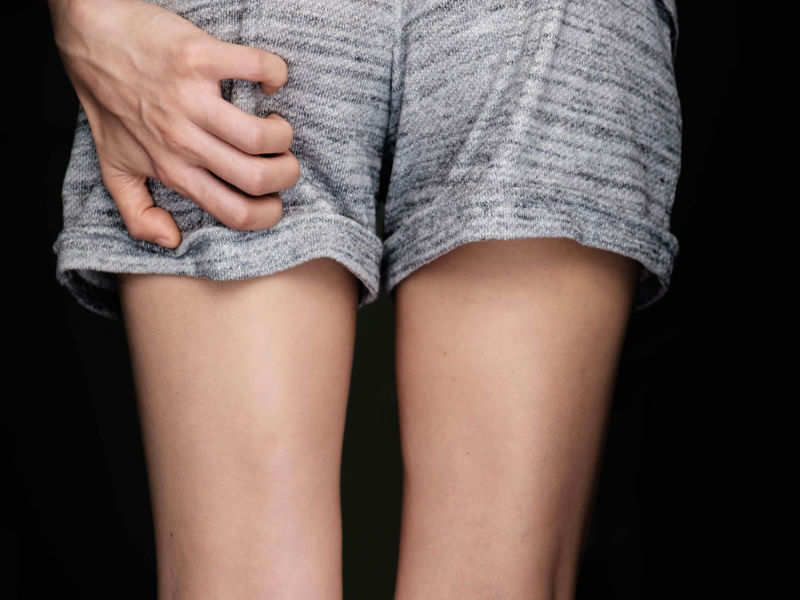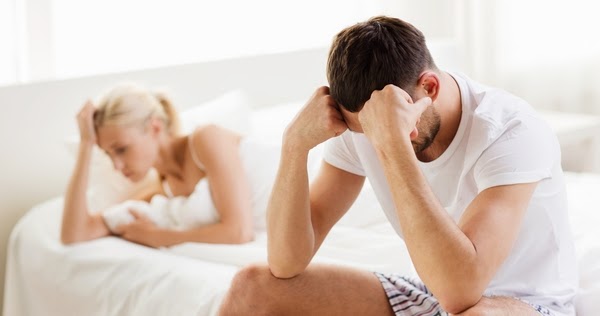Foods that improve eyesight
While it is a known fact that carrots are excellent for your eyes, there are other foods as well that are known to protect eyesight and promote eye health. Include the following food items in your diet...
- Dark, leafy greens like spinach, broccoli, cabbage, lettuce, iceberg lettuce, kale, etc contain a lot of antioxidantssuch as lutein and zeaxanthinthat lower your chances of developing macular degeneration and cataracts.
- While there are several people who are against consumption of eggs, when eaten in moderation, these can actually be beneficial for health. The yolk present in eggs contains lutein, zeaxanthin and zinc, which lower your chances of developing macular degeneration.
- Consume citrusy fruits such as grapefruit, tangerine, oranges, lemons, sweet lime etc, which are packed with vitamin C, known to lower your risk of developing cataracts.
- Consuming a handful of almonds daily will help slow down macular degeneration thanks to the vitamin E present in them.
- Tuck into fish like mackerel, tuna, salmon, etc, which are packed with fatty acids that protect your eyes.
- Some studies also say that regularly consuming oysters is said to improve eyesight.
- Corn contains lutein and zeaxanthin, excellent for your eyes.







